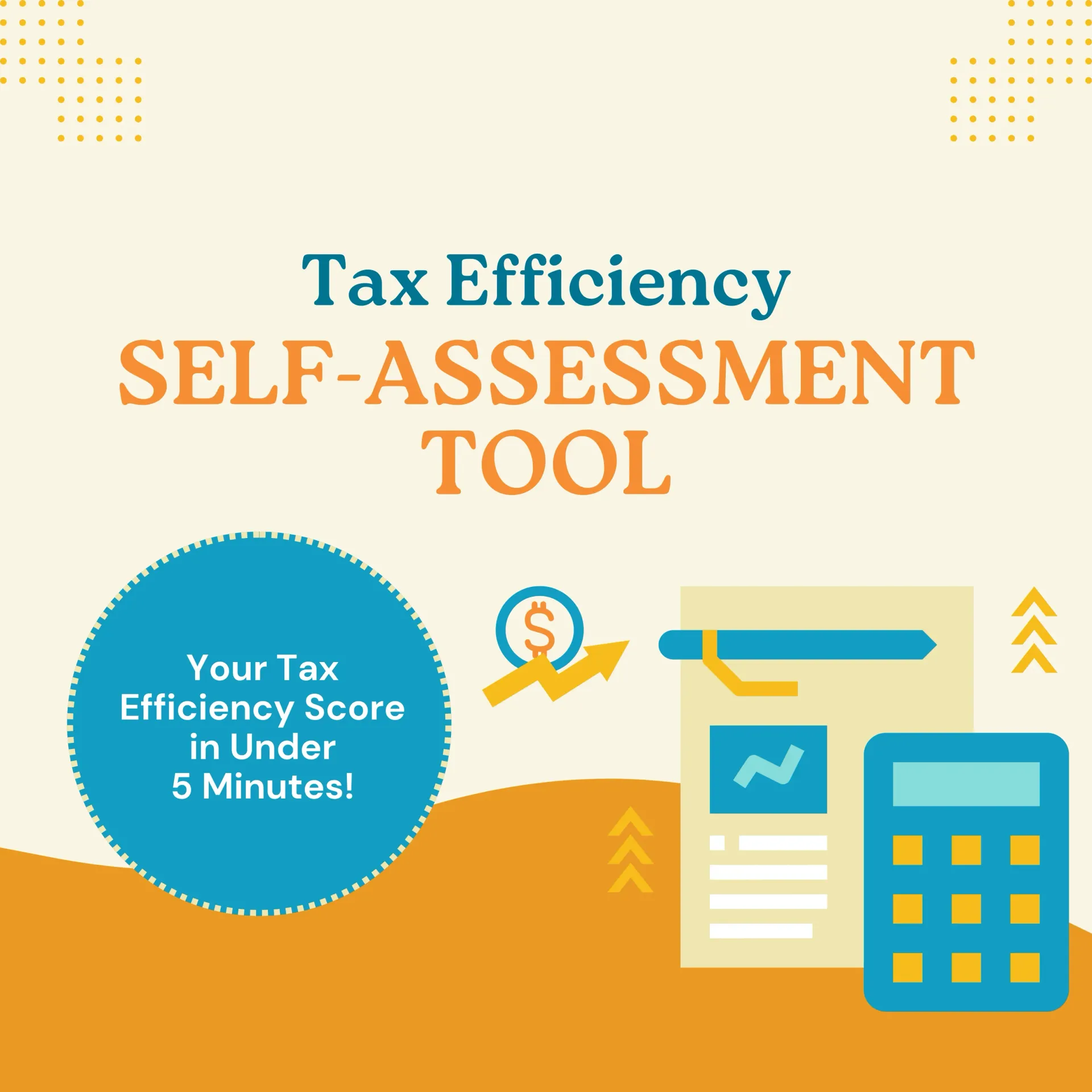Everything You Need to Know About Taxes for Real Estate Flippers

If you’re in the business of flipping real estate—whether as a professional, active, or passive investor—and want to maximize your gains and minimize your tax liability, this article will navigate you through the process. Real estate flipping can be a nice strategy to turn a great profit in a reasonable window of time, however you must be mindful of the taxes owed, otherwise you could be subjecting yourself to a hefty tax bill come April. This article will provide you with a complete roadmap of the real estate taxation process so you can become an informed real estate flipper. Let's get started.
Let's Begin by Understanding What a Real Estate Flipper Does
To avoid leaving anyone out, a real estate flipper is someone who buys residential or commercial property with the intention of quickly reselling at a higher price. They accomplish this by purchasing inexpensive or dilapidated properties, renovating them, and then reselling for a profit.
However, by IRS standards, a real estate flipper could be someone categorized as either a dealer or investor. A dealer is someone that frequently buys and sells real estate for a profit. Investors are those who buy properties primarily for the purpose of long-term investments, rather than for the immediate resale. Investors hold their properties over a longer period so they can collect rental income. They engage in few transactions and only make minimal improvements on their property.
Because of this distinction, there are several tax benefits that the dealer loses which we’ll discuss. These tips and strategies alone can save a lot of time, money, and help you to effectively flip real estate for a profit when and where it matters.
Flipping Profits Can be Taxed as Ordinary Income
When you’re flipping residential or commercial real estate, the IRS says the profits you make on that sale are treated as ordinary income and, as of the 2024 tax year, are subjected to regular income tax rates anywhere from as low as 10% to as high as a 37%!
Why would profits from flipping a piece of real estate be considered ordinary income? Well, the IRS classifies you, the real estate flipper, as a dealer which is someone who engages in the business of buying and selling properties and further states that these properties are classified as inventory instead of a capital asset. That means you cannot elect to use long-term capital gain tax rates, 1031 exchanges, or installment sales.
Then, there’s self-employment tax to tact on. The self-employment tax rate is 15.3% which consists of the Social Security portion of 12.4% and the Medicare portion of 2.9%. This is the standard rate no matter which tax bracket you fall into. So, if your tax bracket is 37%, you’ll have to pay taxes as high as 52.3% when factoring in your federal taxes and self-employment taxes.
But we’re not done yet. You can’t forget about state taxes. State taxes rates vary for each state. It could be as high as 13.3% for the state of California and as low as 0% state tax rate in Florida, as Florida doesn’t have state income tax.
Let’s look at an example.
Suppose you earned $100,000 in California for flipping a vacation home that you held for five months. What would be the taxes owed if your income tax bracket is 37% (as of 2024)?
Federal income taxes owed would be $37,000 ($100,000 x 37%).
Self-employment tax: first is of Net Earnings which is 92.35% or $92,350 taxable. The Social Security portion which is 12.4% of the $92,350 or $11,451.40 and the Medicare portion of 2.9% of the $92,350 or $2,678.15. The total self-employment tax owed of $14,129.55 ($11,451.40 + $2,678.15 added together).
California State Income Tax would be $13,300 ($100,000 x 13.3%).
So, your federal income taxes + self-employment taxes + California state income taxes:
$37,000 + $14,129.55 + $13,300 = $64,429.55 owed.
That is a lot of taxes to be paid. You’re probably asking yourself, why would I consider flipping real estate if I have to pay so much in taxes? Well, the answers lie ahead where we can show you how you can reduce your tax liability as much as possible so you can enjoy more of your real estate profits.
But first, we’d like to answer a few common questions asked regarding profits from flipping real estate.
Do I Qualify for Long-Term Capital Gains Tax Rates if I Hold the Property Over One Year?
Long-term capital gains are taxed between 0%, 15%, or 20% if the asset, or property in this case, is held for more than one year. Unfortunately, if the IRS considers you, again, as a dealer, then the capital gains tax rate does not apply to you and therefore your profits would still be considered ordinary income. This is because the IRS considers several factors when determining whether or not a taxpayer qualifies as a real estate investor or a dealer such as its continued ownership, the number of improvements made to the property, and the business activities. In a nutshell, the IRS classifies a taxpayer as a real estate dealer if their activities show that they're in business to buy and sell property.
Can I use 1031 Exchanges as a Tax-Deferral Strategy?
1031 exchanges, also known as like-kind exchanges, allow investors to defer paying capital gains taxes on the sale of a property by reinvesting the proceeds into a similar property such as exchanging commercial real estate for another piece of commercial real estate or residential for other residential property. Again, unfortunately for real estate flippers, you do not qualify for the benefits of a 1031 exchange as a tax-deferral strategy because the IRS considers you as a dealer. The 1031 exchange is intended for real estate investors who hold properties for investment purposes, not for those who buy and sell properties as part of their regular business activities.
How do State Taxes Can Impact Your Real Estate Flipping Profits?
State taxes can really take a bite out of your real estate flipping profits, especially if you’re not familiar with the tax law from state to state. As you saw from our example, they can be as high as 13.3% for a state like California, but what other states have high state tax income tax rates and which ones do not have state income tax? Here’s a few states worth mentioning with tax rates as high as for 2024:
States with the Highest State Income Tax Rates
- California: 13.3%
- Hawaii: 11%
- New York: 10.9%
- New Jersey: 10.75%
- Oregon: 9.9%
- Minnesota: 9.85%
States with the No State Income Tax
- Florida
- Texas
- Washington
- Nevada
- Wyoming
Tax Planning Strategies for Real Estate Flippers Considered Dealers by the IRS
If you feel like the IRS has it out for you and your real estate profits, then we’d like to offer you some tax planning strategies that might help. It’s always best of course to seek professional advice that knows the real estate industry from front to back though. Here’s what we suggest:
1. Form an LLC and Electing an S-Corporation Status
By forming your real estate flipping business in this manner you can significantly reduce your self-employment taxes. You can do this by taking a reasonable salary (by IRS standards) against the business and distributing the rest to yourself as profits in the form of dividends. If you’re considered a high-income earner, that would be a good strategy to help mitigate your taxes owed.
2. Hold Properties for Optimal Periods
Since real estate investors greatly benefit from holding properties for longer than one-year, real estate flippers categorized as dealers can plan their property sales to take advantage of lower tax rates during low-income years.
3. Depreciation and Timing
Depreciation is not allowed for properties that are held by dealers, but it can be used on rental property you own, increasing your tax deductions. However, by carefully planning the timing of your property sales, you can reduce your tax burden.
4. Always be a Meticulous Recordkeeper and Seek Professional Advice When Needed
Keep detailed records for all transactions, expenses and improvements made. This documentation is essential for all eligible tax deductions and will help to defend yourself in case of an IRS audit.
Another Way to Reduce Your Tax Burden: Deductible Expenses to Consider
If you’re flipping real estate, it’s important to understand and use all eligible deductions to reduce your income taxes potentially owed. Some of your primary deductible expenses are:
- Property Taxes
- Mortgage Interest
- Utility Expenses such as electricity, water, gas, and sewers services paid that were necessary to main the property
- Costs related to the purchase and restoration of the commercial or residential property
- Costs for Building Permits
- Real Estate Commissions
- Legal and Accounting Fees
- Advertising Expenses
- Vehicle Expenses (for Travel) such as the standard milage rate of $0.67 per mile as of 2024 and maintenance expense such as paying tolls, gas, and other related vehicle maintenance.
You can claim these deductions on your income tax return. Schedule C (Profit and Loss From Business) is typically used if you operate as a sole owner or LLC. It is important to keep detailed records to accurately document and report all expenses that are deductible. Well-categorized expenses that are well documented not only help you comply with IRS rules, but they also maximize deductions and reduce your tax burden. A tax expert familiar with the real estate investment industry can guide you through these tax deductions and help ensure that you take full advantage of any available benefits.
The StraightTalkCPAs Team is Here to Help You to Become an Informed Real Estate Flipper
The journey on the highway to larger profits and minimizing your tax liability is all about having the right road map. Here at StraightTalkCPAs, we have that road map for you. We are a dedicated team that specializes in providing real estate professionals like you with the tax strategies they need when investing in and flipping real estate. Don’t let taxes steer you down the road of reduced profits. Otherwise, what’s the point of flipping real estate anyway?
You can reach out to us by clicking HERE or by calling us at 732-566-3660. Don’t invest without us by your side. Get in touch with us today!
Discover Your Tax Savings Score in Minutes!


Salim is a straight-talking CPA with 30+ years of entrepreneurial and accounting experience. His professional background includes experience as a former Chief Financial Officer and, for the last twenty-five years, as a serial 7-Figure entrepreneur.




